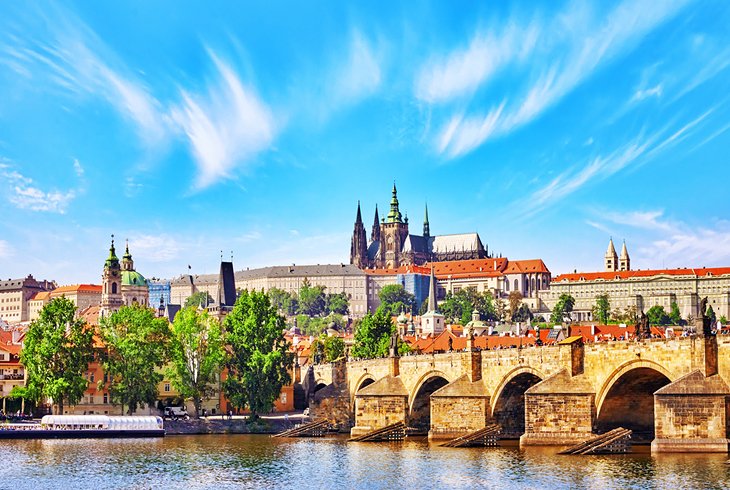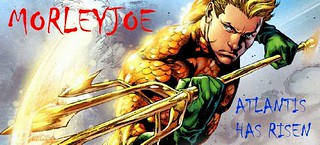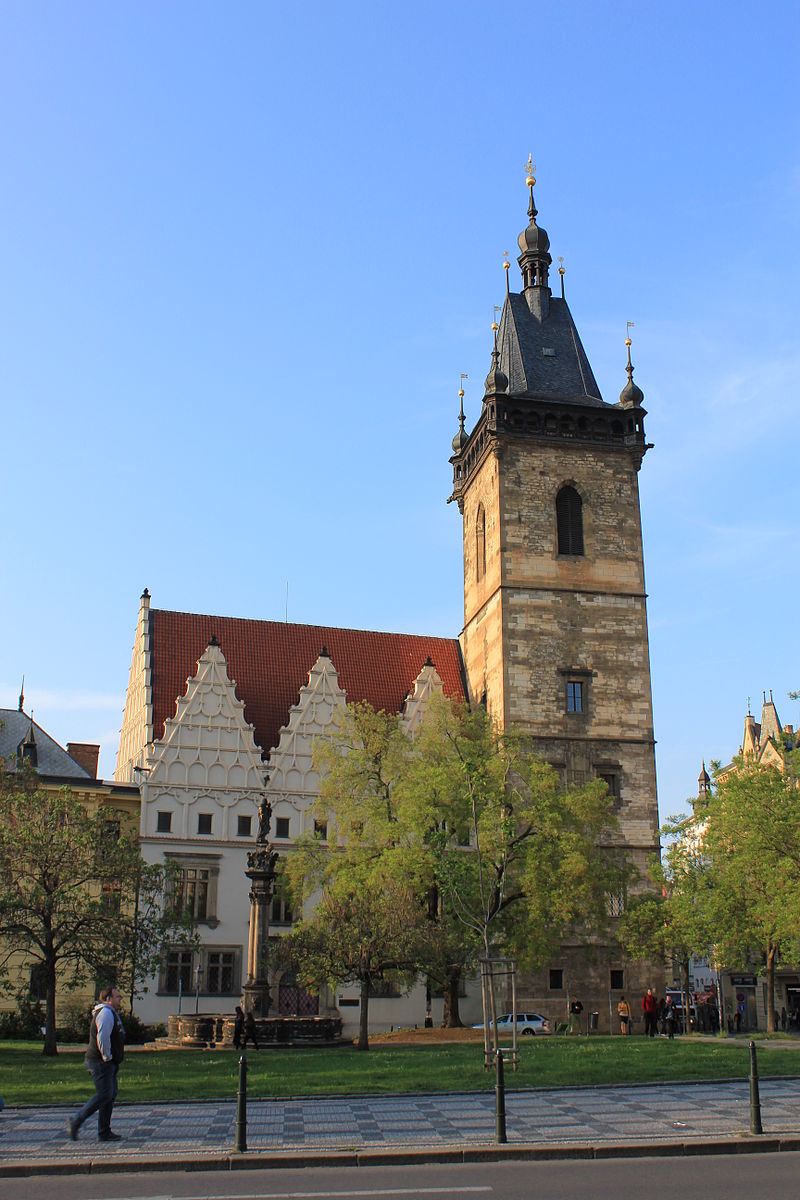
Karlsteinjn Castle
Because a castle is appropriate for CC
from http://www.joutrip.com/
Moderator: Tournament Directors




Yeah, there are still a few active games.morleyjoe wrote:I assume we are still waiting on a few games?
Thanks - keep up all the good work. I've only got one event going and I know how hard it is to keep on top of.Dukasaur wrote:Yeah, there are still a few active games.morleyjoe wrote:I assume we are still waiting on a few games?
That being said, I would have put out the next round last weekend without waiting for them, but I just ran out of time. Got 7 of my 10 active tournaments updated, plus one new one written, and next thing you know the weekend was over.

My second choice, was this great pic of Karlstejn Castle. One of the first castles I ever visited in my childhood, and still one of my favourites.CatchersMitt14 wrote:
"Charles Bridge is a stone Gothic bridge that connects the Old Town and Lesser Town (Malá Strana)."
From: http://farazjaka.com/prague-2/
The updated Creative Component scores:
Dukasaur wrote:Creative Component Participants:
- Wencenslaus
- Peteee 5
- mackadoo 3
- aspalm 3
- Zbynja 1
- molespe 1
- Jaromir
- MyTurnToWin 5
- Captn B 3
- morleyjoe 3
- Peteee 1
- aspalm 1
- waauw 1
- CatchersMitt14 1
- Charles IV
- CatchersMitt14 5
- bdb 3
- Silly Knig-it 1
- aspalm 1
- morleyjoe 1
- Charle 1
- Peteee 1
- Captn B 1
after 3 rounds:
Creative Component Leaderboard:
- Peteee 7
- CatchersMitt14 6
- MyTurnToWin 5
- aspalm 5
- Captn B 4
- morleyjoe 4
- mackadoo 3
- bdb 3
- Zbynja 1
- molespe 1
- waauw 1
- Silly Knig-it 1
- Charle 1
What a pretty City Hall! Who would have thought what crimes of hate could take place at such a beautiful venue!3rd Assassination 1st Defenestration 1419
With the accession of John of Luxembourg the dynastic wars had ended, but soon a new evil was to stalk the land. During the reign of Charles IV, freethinking was encouraged. By the 1370s a reformist movement had begun in Prague, with new, university-educated priests calling for reforms in the Church that would be considered minor by today's standards.
https://en.wikipedia.org/wiki/Bohemian_ ... on#Origins
Bit by bit, the reformist movement became more radical. By 1412, Jan Hus openly rejected the authority of the Pope and was soon excommunicated. The Reformation was under way (despite the later pretenses of Germans to date the Reformation as beginning with Luther, whose career began almost 100 years after Hus'.)
On July 30th 1419 a Hussite mob led by Jan Želivský marched through the streets, demanding that Hussites jailed for heresy and other crimes be released forthwith. When the Town Council refuse, the Hussites stormed City Hall and hurled the Councillors out the window. (Defenestration, literally, means the act of throwing someone out the window.) This mass murder became known as the First Defenestration of Prague and touched off 230 years of religious violence, extremism, and civil wars.


By far the best written of the three submissions, this one would definitely qualify for five points except that it was a bit late. Going to penalize it a couple points, and award three points for this.morleyjoe wrote:Intolerance....where does one begin? It is around us in so many forms, not just in religion. It is found in race, class, gender, education, employment, and age. Even the simplest forms of intolerance cause damage. Just thinking negatively about someone because of who they are, what they believe, how they look, or where they are from, all of it is intolerance. These may sound simple, but they can manifest in those that allow it, and even worse in those that act upon it. And sadly, those that act upon it based on religion feel they are empowered by their own religious beliefs. The damage is there for the whole world to see, yet sadly this intolerance is so strongly entrenched, that those acting upon it do not see it as such. They see it as strength, as proof that it is not intolerance, but as a justified behavior or reaction. The damage has been done, and will continue for a long as these beliefs exist.
This would have been the second-place entry if not for the deadline issue. Going to score this three points, but going to also call you the overall winner of this round on the technicality.Silly Knig-it wrote:With our worldwide focus on the Middle East and what it has become, we forget or in many cases never knew that once it was the center of learning for the Western World. And no, I am not referring to Roman times. In the 13th Century, and for the years around then, anyone who wanted to be seriously educated or to share their knowledge amongst peers went to major cities in what is now Syria, Iran, Iraq to learn and to share.
Just one example of what came out of that time. If you use numbers that look like 1234567890, then you are using something invented then. So how did a place that could make such fundamental inventions and contributions go to become a place we never think of when it comes to learning. Religious intolerance and the rise of fundamentalism. Free thought and idea exchange can not exist in places where intolerance thrives. And this is only one example. I can find an example for every religion. I wish I could not.
Third-place entry. One point.Peteee wrote:Orks don't muck go in for religious intolerance... We will basically fight anyone.
However, in our more reflective moments - between fights- we believe there are 2 gods. Mork and Gork. Now one is brutal but sneaky the other is sneaky but brutal. We can never agree which is which and pour scorn or whatever molten liquid we have to hand on our opponent.
This intolerance of the opposing view leads to a thinning of our numbers but eventually means only the fittest survive. Something, of a viewpoint held by those pesky humans we keep stumbling across. And don't get us started on their God Emporer.

Settings for the 2nd interlude, as agreed to by CM14 and Silly:Dukasaur wrote: As winners of the Creative Component for the third and fourth phase, CatchersMitt14 and Silly Knig-it will be helping to pick the settings for phase five.
Dukasaur wrote:2nd Interlude Age of Rudolph II, Rabbi Leow and The Golem, Tycho Brahe and Kepler]Our second Interlude features a "Little Golden Age" in the reign of Rudolf II Habsburg.Rudolf was a true Renaissance man. His hunger for knowledge was wide ranging. Critics have pointed out that he was duped by occultist con men like Edward Kelly and John Dee, but he also supported many legitimate scientists like the botanist Charles de l'Ecluse. A balanced view is that in that time it was impossible to have one without the other. There was no easy way to separate hoaxers from legitimate scientists, and a seeker of knowledge would have to deal with both. In fact many scientists were both, such as alchemists who nonetheless were laying the foundations for modern chemistry. Tycho Brahe was the official court astrologer, but he was also a legitimate astronomer whose careful observations paved the way for Johanne Kepler's discoveries, and in fact Brahe made important discoveries in his own right.wikipedia wrote:Rudolf's legacy has traditionally been viewed in three ways:[1] an ineffectual ruler whose mistakes led directly to the Thirty Years' War; a great and influential patron of Northern Mannerist art; and a devotee of occult arts and learning which helped seed the scientific revolution.
Rudolf also surrounded himself with musicians, poets, and painters.
A discussion of this magical time would not be complete without the story of the Golem. Prague had a large and thriving Jewish community, which for most of its history was on good terms with Christian communities. During the time of religious strife, however, they began to suffer serious assaults. Protestant and Catholic fanatics alike, when they took time out from fighting each other, often harassed and sometimes killed Jews. In 1588 Rabbi Loew, a noted Rabbinic scholar, arrived in Prague. Loew was a moderate and an intellectual. He decried not only religious intolerance by Christians but also religious intolerance by the Jews themselves.
Rabbi Loew actually only stayed four years. In 1592 he accepted a position as Chief Rabbi of Poland. However, his four years in Prague were productive and earned him substantial fame. There is a story that Loew created a Golem to serve and defend the Jewish quarter of Prague. Most of the Golem's activities were benign: carrying water from the river, splitting firewood for orphans and widows, and so on. In some legends, however, the Golem becomes violent, and murders Christians who have persecuted Jews.
Modern scholars believe the Golem legend was not even a 16th century story. It is believed to have originated in the 18th century and been recast in the 16th to take advantage of Loew's fame. Nonetheless, it is now an entrenched part of the folklore.
Games: In this Phase you will play 5 games of any type other than Assassin. The first two will be on the CSFR map, the third will be on 8 Thoughts (to honour the many scholars both sane and insane that surrounded Rudolf) the fourth will be on Solar System (in honour of Tycho Brahe and Johannes Kepler) and the last will be on Tribal Wars: Ancient Israel to honour Rabbi Loew. The players who won the creative component in Phase 3 and Phase 4 will choose the game types and settings (and I will intervene only if necessary to break an impasse.)
Creative Component: Who is your favourite member of Rudolf's court? One of the alchemists? The poets? The astronomers? Tell a story about the life of your favourite. Post your thoughts NO SOONER than the day I send the first invite in this phase, and no more than 7 days after that.